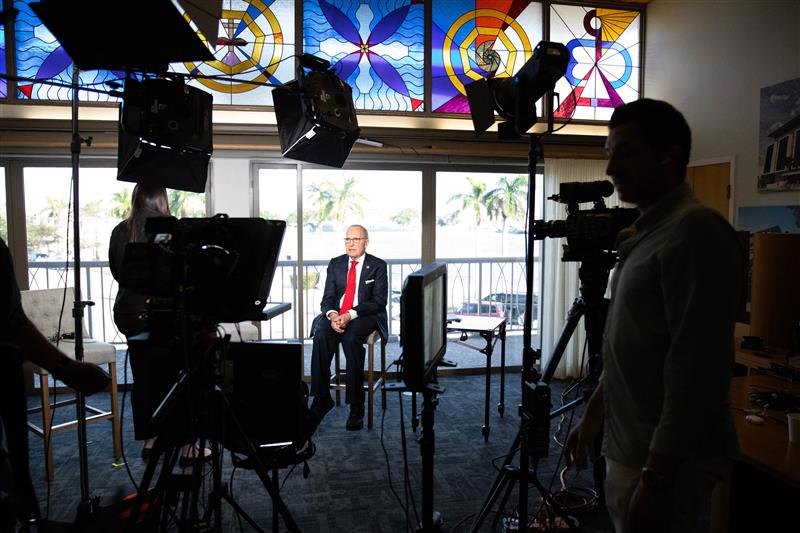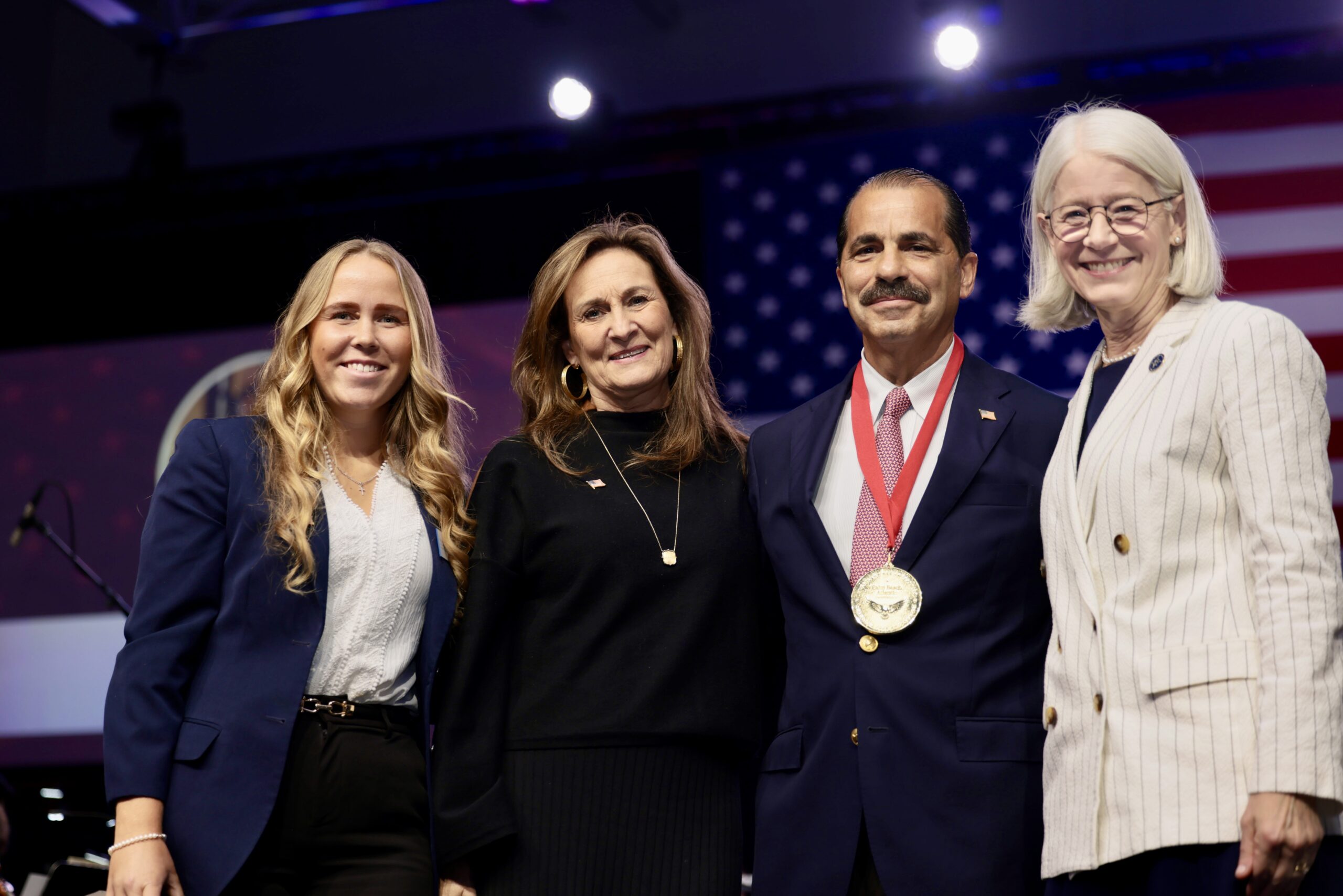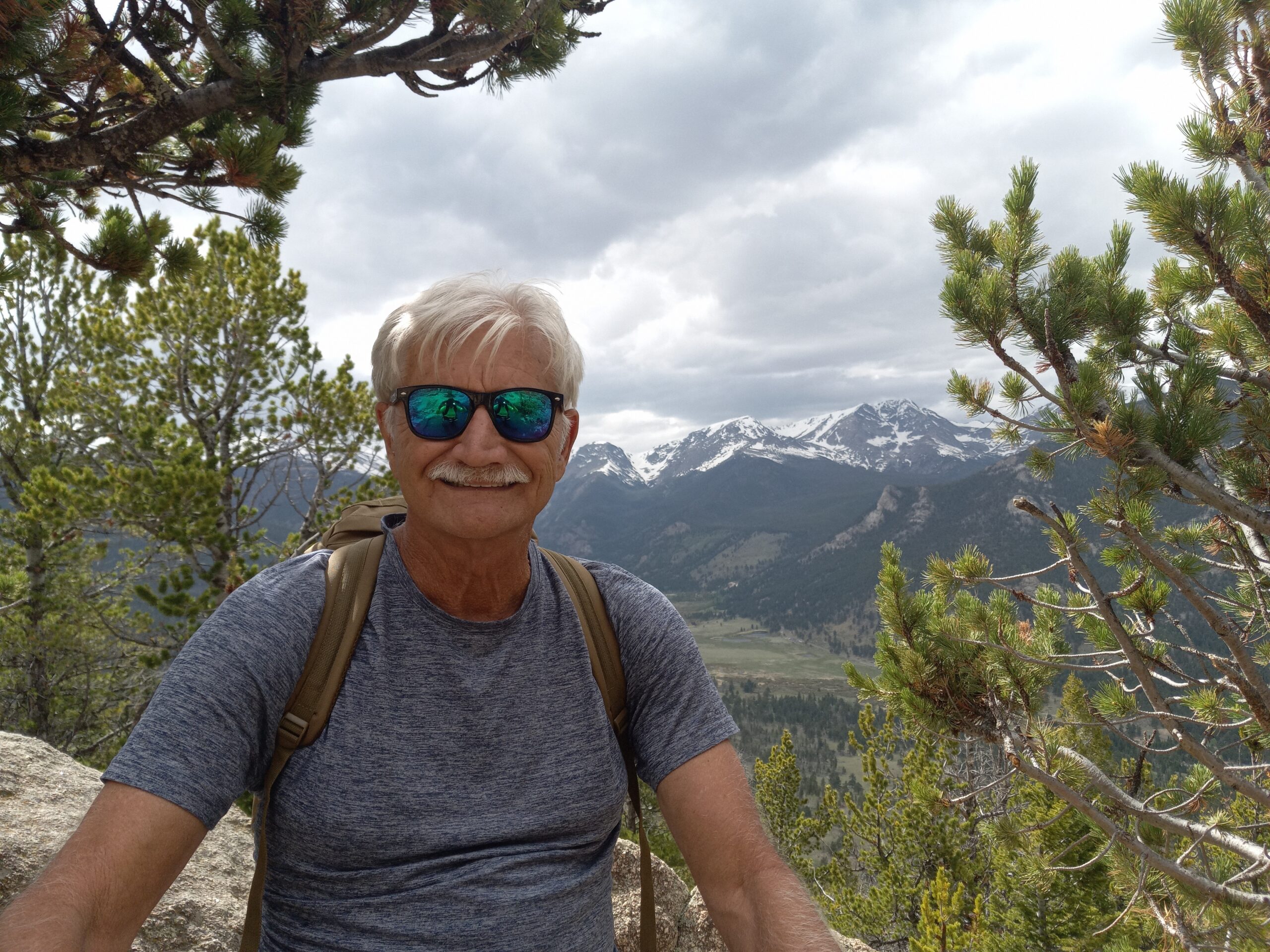As an undergraduate, Taylor Sims ’12 got a taste of scholarly research that propelled her into graduate school and uncharted territory studying everyday women of the Reformation.
She recently returned from two and a half months of digging through records that she could only find in county and parish archives in southern England. The Manuscript Society awarded Sims a $5,000 grant to spend two months at three archives, where she could view documents that would give her perspective on the lives of ordinary women who were alive during the English Reformation — women whose stories have been left out history books.
Sims, the daughter of PBA business professor Barbara VanderWerf, is a doctoral candidate at the University of Michigan. She also has a master’s degree in history from Baylor University.
Her scholarly research on medieval religion began when she was a PBA undergraduate doing an independent study under the tutelage of history adviser Dr. Gary Poe. Her presentation “Hildegard of Bingen and Bernard of Clairvaux: Compared Lives and Writings” won Outstanding Student Presentation at the first Interdisciplinary Research Conference in 2012.
That experience — presenting about women and medieval mysticism to a broad, interdisciplinary audience — prepared Sims for graduate school more than anything else, she said.
The independent study helped her understand the graduate student-adviser relationship early on and that “who you work with is the most important piece of the puzzle.”
“We met every week, and I wrote a paper every week. It was more writing than I had to do for any class,” Sims said. “That really primed me for the expectations of reading and writing that I encountered.”
Poe described Sims as a student who was “very curious and motivated.”
“Working with her was enjoyable, because you could just mention an idea for research, and you would see her light up and know that is all it took,” Poe said. “She certainly didn’t require any hand-holding. She would take an idea and run with it.”
With each new discovery, she would get excited and want to bounce ideas off of Poe. Then she’d get back to work.
Taylor Sims ’12 credits her undergraduate research with Dr. Gary Poe for preparing her for graduate studies.Sims’ doctoral research is on how women navigated and adapted to religious reform from 1450 to 1600. Then, as now, most ordinary women only appeared in the church record when they caused trouble, Sims said.
Some of the records she reviewed, for example, told the story of a priest who complained to a church warden about a group of women whose babies were fussy during the church service. Yet other records described women who were in trouble for staying home from worship services. Failing to tithe and sexual misdeeds were other common offenses of the time, Sims said.
Her research involves piecing together local church records from the Diocese of Salisbury and national archives. She took paleography training at the Folger Shakespeare Library to prepare for her visits to the Wiltshire and Swindon History Centre, the Dorset History Centre, and the Berkshire Record Office. She notes that her research wouldn’t be possible without the local archivists and staff who catalog and retrieve the records.
Despite her current focus on late medieval European history, she’s grateful that her courses at PBA ran the gamut from the American Civil War to the Russian Revolution. It prevented her from carving out a niche.
“If you can’t communicate about it to a broad audience, what’s the point?” Sims said. “It forced me to be well-rounded.”
In addition to Poe, Sims credits Dr. Susan Jones “the goddess of my advising life” for helping her figure out a heavy course load while still enjoying her time as a student. Jones described Sims as one of the finest students she’s ever worked with. She has always been smart, witty, original and focused, Jones said.
Her dual interest in history and English, “has really contributed to the energy and breadth of her study and understanding, as well as her originality in finding new projects and important issues in history,” Jones said. “I am delighted for her and her work, but not at all surprised. She is outstanding in every way.”


